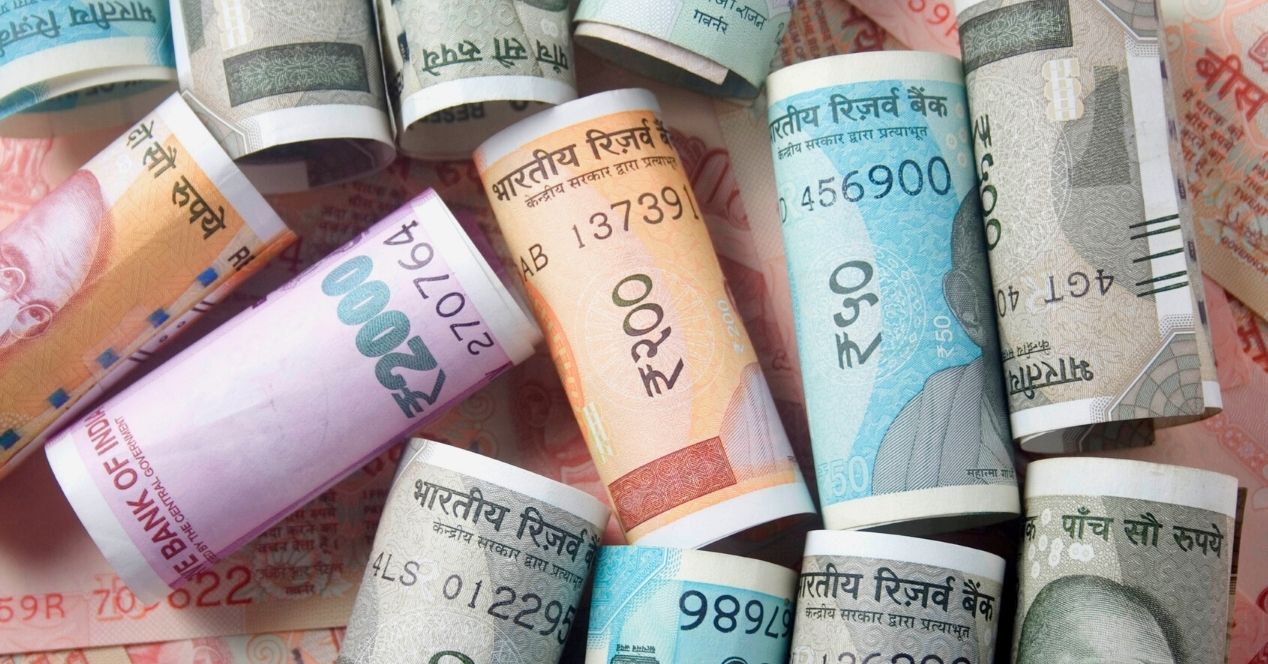News: In the backdrop of several notable cases, including the decisions to strike down the electoral bond scheme earlier this month and upholding the Aadhaar Act in 2018, the Supreme Court has been asked to clarify a key question: what constitutes a money Bill?
Q1. The Power of Money Bill makes a stand on the string between the constitutional flexibility and ambiguity. What are the provisions of the constitution regarding the money bill? Critically analyse with suitable examples.
Constitutional provisions:
What is a Money Bill?
● Money Bills provide a fast-tracked option for the enactment of laws by Parliament. Typically, both the Lok Sabha and the Rajya Sabha must pass a Bill before it can become law under Article 107 of the Constitution.
● However, under Article 109, a Bill introduced as a “money Bill” only requires assent from the Lok Sabha and the Rajya Sabha merely has 14 days to consider the Bill and return it with recommendations. The Lok Sabha may either accept or reject these recommendations and enact the money Bill into law.
Can any Bill be called a money Bill?
● Article 110 states that a Bill can be designated as a money Bill if it exclusively deals with certain subjects, such as taxation, financial obligations of the government of India, the consolidated fund or contingency fund of India, or “any matter incidental” to the subjects listed in the Article.
● It also states that the Speaker of the Lok Sabha will have the final say on whether a Bill is a money Bill or not.
● The issue has assumed significance because Parliament has recently enacted several ‘Finance Acts’ through the money Bill route, containing amendments to laws such as the Prevention of Money Laundering Act, 2002 (PMLA), the Foreign Contributions (Regulation) Act, 2010, and the Representation of the People Act, 1951.
When and Why have the money Bills been challenged in the Supreme Court?
Aadhaar Act:
● In September 2018, the Supreme Court upheld the Aadhaar (Targeted Delivery of Financial and Other Subsidies, Benefits and Services) Act, 2016, as constitutional.
● The petitioners had claimed that parts of the Aadhaar Act were passed as a money Bill, despite containing provisions that were unrelated to the subjects listed under Article 110.
● But the judges held that the main aim of the Act was to provide subsidies and benefits. Since this involves expenditure from the Consolidated Fund of India, the Act was validly passed as a money Bill.
● Although, the Speaker’s decision on whether a Bill is a money Bill or not, despite being “final” as per the constitution, can still be subject to judicial review.
Appellate Tribunal Rules:
● The Supreme Court struck down the Appellate Tribunal and Other Authorities (Qualifications, Experience and Other Conditions of Service of Members) Rules of 2017, in November 2019.
● The rules gave the central government additional control over the service conditions (appointment, tenure, and eligibility among others) of tribunal members. These rules were introduced through a money Bill, the Finance Act, 2017.
● The court referred the question of whether the 2017 Finance Act was validly passed as a money Bill to a larger seven-judge bench.
The Provisions of PMLA:
● In the challenge to the PMLA, a petition challenged various provisions under the Act, including the restrictive bail conditions under Section 45(1).
● This provision was introduced through a money Bill (the Finance Act, 2018) and reverses the burden of proof in money laundering cases.
● It requires the accused to prove that they did not commit the offence and are not likely to commit such an offence while on bail.
Recently the Supreme Court has struck down the amendments to various statutes through the Finance Act, 2017, which facilitated the introduction of the central government’s electoral bond scheme in 2018. Though these amendments and the scheme were struck down, the court noted that the challenge to the passing of the Finance Act, 2017, as a money Bill is pending before the seven-judge bench.

